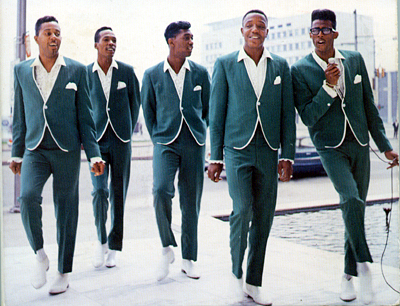I have to deal with this a ridiculous amount at work.
-Guy knows that marathon runners carbo-load before races and long runs sometimes, so he starts carbo-loading before he comes in for sessions. Marathon runners will log upwards of 80 miles a week, and he trains for 3 hours a week. He doesn't understand why he is gaining fat.
-Guy knows that we utilize glucose stores when we workout. He proceeds to eat three protein bars during each 1.5 session of training in order to keep his "glycogen repositories" high. It takes at least 30 mins for the stomach to start digesting food and I don't even know how much longer until it is able to make use of the nutrients. He doesn't understand why he still gets tired at the end of his workouts.
-Woman knows that the spine is relatively fragile, so she avoids all movements that involve bending over. This causes muscle imbalances, posture and flexibility problems from a weak lower back that doesn't gain strength. She doesn't understand why she still has back pain, even though she goes to great lengths to keep it fresh.
-Atkins. It's fairly synonymous with "low carb," but many also make it synonymous with "eat as much fatty and junk as I can, as long as they don't have carbs."
-Guy knows that spandex breathes well, so he wears it every day. The knowledge that he's missing is that he really should not be wearing things so form-fitting.
These statements look good on their own, but when you try to integrate them with other statements, it just doesn't work out so well. A pictoral representation:









